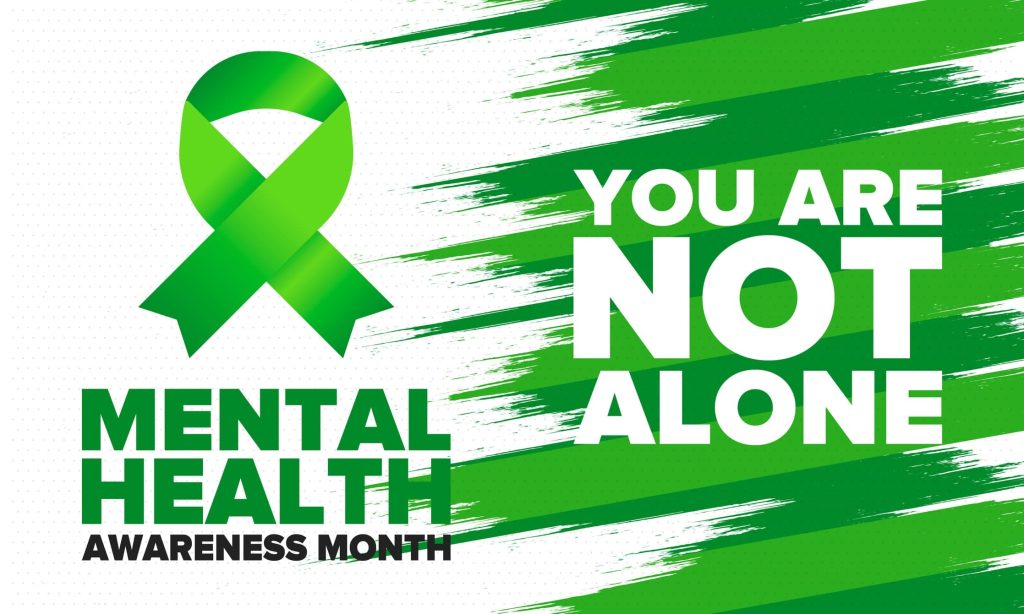Gut health and mood are intimately connected, and this relationship has been increasingly studied by researchers in recent years. The gut, often referred to as the “second brain,” plays a crucial role in not only digestion but also in influencing our emotions and mental well-being. In fact, the link between gut health and mood is so strong that some researchers have proposed that a healthy gut could be the key to overall mental health.
The gut-brain axis is a bidirectional communication system that connects the central nervous system to the enteric nervous system of the gut. This system allows for constant communication between the brain and the gut, influencing everything from digestion to mood. When the gut is healthy, this communication system functions smoothly, leading to better overall health and well-being. However, when the gut is imbalanced or compromised, it can lead to a range of physical and mental health issues, including mood disturbances.
One of the key factors linking gut health to mood is the gut microbiome. The gut microbiome is a diverse community of trillions of microorganisms that reside in the gut and play a crucial role in digestion, immune function, and overall health. These microorganisms can influence our mood and behavior by producing neurotransmitters like serotonin, dopamine, and GABA, which are essential for regulating mood and emotions.
Studies have shown that imbalances in the gut microbiome can lead to mood disorders such as depression, anxiety, and even schizophrenia. In fact, research has found that individuals with mental health disorders often have an altered gut microbiome compared to healthy individuals. This has led researchers to investigate the potential of using probiotics and other interventions to improve gut health and mood.
In addition to the gut microbiome, the gut-brain axis also involves the immune system and the enteric nervous system, both of which play a role in regulating mood. For example, the gut is home to a large portion of the body’s immune system, and immune responses in the gut can impact brain function and mood. Similarly, the enteric nervous system, which controls digestion and gut motility, can also influence mood through its interactions with the central nervous system.
Research has shown that stress, diet, and lifestyle factors can all impact the gut microbiome and gut-brain axis, leading to changes in mood and mental health. For example, chronic stress has been shown to disrupt the balance of the gut microbiome and increase inflammation in the gut, both of which can contribute to mood disorders. Similarly, a diet high in processed foods and low in fiber can lead to imbalances in the gut microbiome, impacting mood and overall mental health.
On the other hand, interventions that support gut health, such as probiotics, prebiotics, and a diet rich in fiber and plant-based foods, have been shown to improve mood and mental well-being. For example, studies have found that probiotics can reduce symptoms of depression and anxiety in some individuals, likely due to their effects on the gut microbiome and neurotransmitter production.
Overall, the link between gut health and mood is a complex and multifaceted relationship that involves the gut microbiome, immune system, and enteric nervous system. By supporting gut health through a healthy diet, stress management, and other interventions, individuals can potentially improve their mood and mental well-being. Further research is needed to better understand the mechanisms behind this connection and to develop targeted interventions for those struggling with mood disorders. Nonetheless, the evidence so far suggests that taking care of your gut may be one of the keys to a happier, healthier mind.

